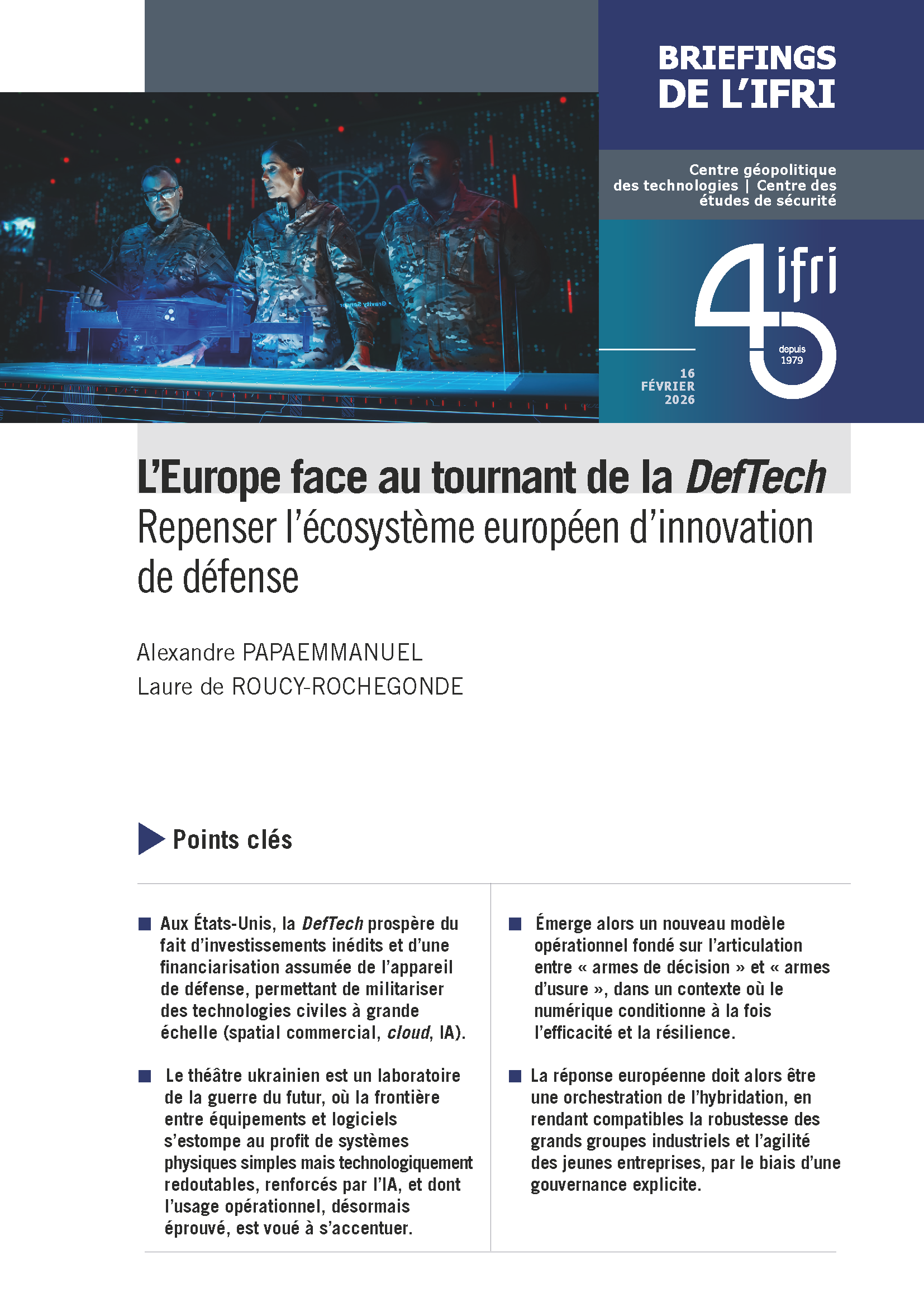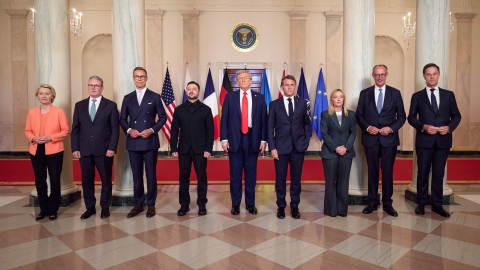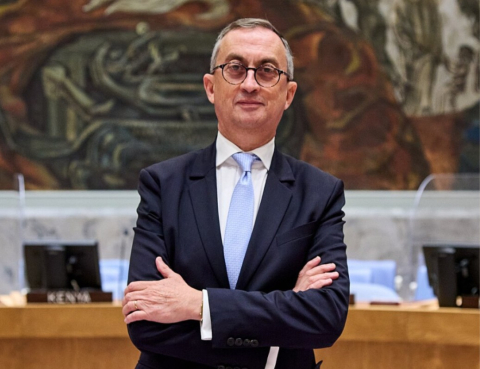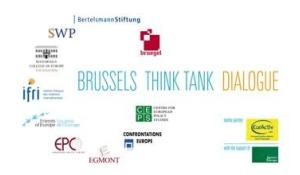
Informations pratiques
Ceci est un événement réservé.
En savoir plus sur nos programmes de soutienThe European Union faces a tough choice between federalism and fragmentation. The momentum for further integration is building up amid talk of ever more “Unions” - banking, fiscal, political etc. But there is also a disconnect between political ambitions and popular sentiments, with many making common cause with anti-European populist politicians. As member states pursue national interests at the expense of solidarity and a common agenda, the EU risks further disintegration.
Ten leading Brussels-based think tanks meeting for the fourth Brussels Think Tank Dialogue on April 22 will take a close look at Federalism or Fragmentation: Spelling out Europe"s F-word. They will be joined in the debate by President of the European Commission, José Manuel Barroso, and President of the European Council, Herman Van Rompuy, amongst others. Founder and President of Ifri Thierry de Montbrial will also be participating to the discussion.
Jointly organised by the Bertelsmann Stiftung, Bruegel, the Centre For European Policy Studies (CEPS), Confrontations Europe, the Egmont Institute, the European Policy Centre (EPC), Friends of Europe - Les amis de l"Europe, the Institut français des relations internationales (Ifri), Madariaga, College of Europe Foundation and the Stiftung Wissenschaft und Politik (SWP), the Brussels Think Tank Dialogues are annual policy forums for critical reflection on the state of the EU and the joint development of analysis and recommendations to improve EU policies. The Dialogues are designed to address pressing political concerns as well as to offer recommendations on more specific issues.
This fourth dialogue will be comprised of five plenary sessions which will provide cutting edge policy analysis and hammer out recommendations through open discussion. Two sessions will review overall EU concerns while the three others will focus on Energy markets, Industrial Policy as a potential drive for growth, and External Relations after the crisis.
Replay
Autres événements

Quelle politique de défense en Allemagne ?
Face à la guerre en Ukraine et à l’instabilité géopolitique en Europe dans un cadre transatlantique perturbé, l’Allemagne a amorcé un tournant majeur dans sa politique de défense, avec une hausse significative des dépenses militaires, la modernisation de la Bundeswehr et le débat sur un éventuel retour du service militaire obligatoire.
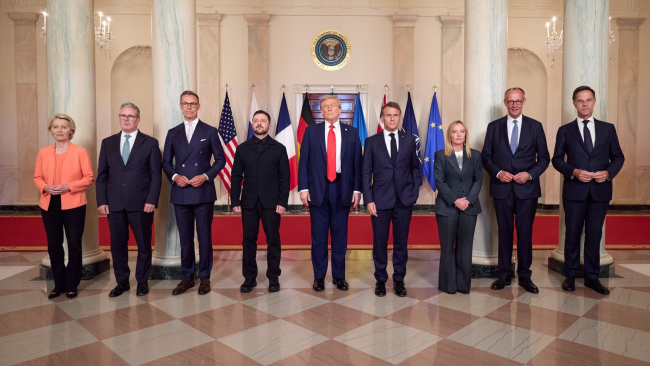
Quatre ans de guerre en Ukraine : verra-t-on la fin du conflit en 2026 ?
Un déjeuner débat autour de Tatiana Kastouéva-Jean, Directrice du Centre Russie/NEI, et Élie Tenenbaum, directeur du

Quel partenariat technologique avec l’Inde ?
Le 16ème Sommet UE-Inde, qui s’est tenu le 27 janvier à New Delhi en présence des dirigeants européens António Costa, Ursula von der Leyen, et du Premier ministre Narendra Modi, marque un tournant dans le renforcement des liens entre l'Union européenne et l'Inde. Parallèlement, les visites bilatérales se multiplient, à l’image de celle du Président français qui s’est rendu en Inde mi-février pour participer au Sommet sur l’Intelligence Artificielle.



